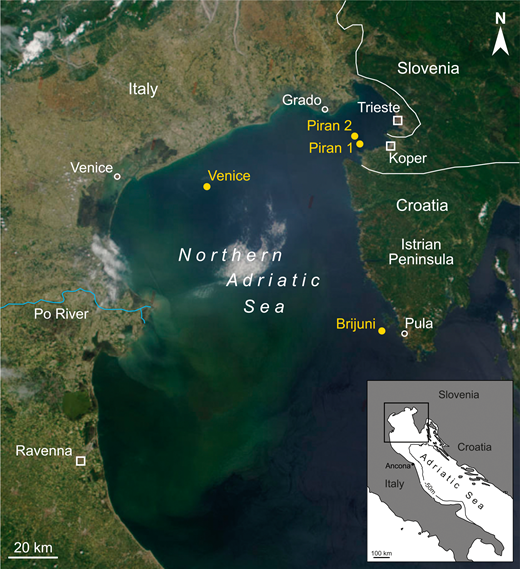Each year, the PALAIOS and JSR editorial teams award submissions for the Most Outstanding Papers submitted to their publication. Winners for the 2020 year were selected by committee with certificates awarded at the SEPM Awards Ceremony at AAPG ACE each year. Due to COVID rescheduling these past two events, we would like to take a moment to highlight and congratulate the below author for their outstanding paper, as well as the papers which received honorable mention:
The winner for most Outstanding Paper appearing in PALAIOS is:
Tracing Origin and Collapse of Holocene Benthic Baseline Communities in the Northern Adriatic Sea
by Gallmetzer et. al.
https://doi.org/10.2110/palo.2018.068
Two papers also received Honorable Mention:
Experimental Preservation of Muscle Tissue in Quartz Sand and Kaolinite
by Newman et. al.
https://doi.org/10.2110/palo.2019.030
by Ruga et. al.
https://doi.org/10.2110/palo.2018.054







Wednesday, June 30, 2021
Roy Plotnick